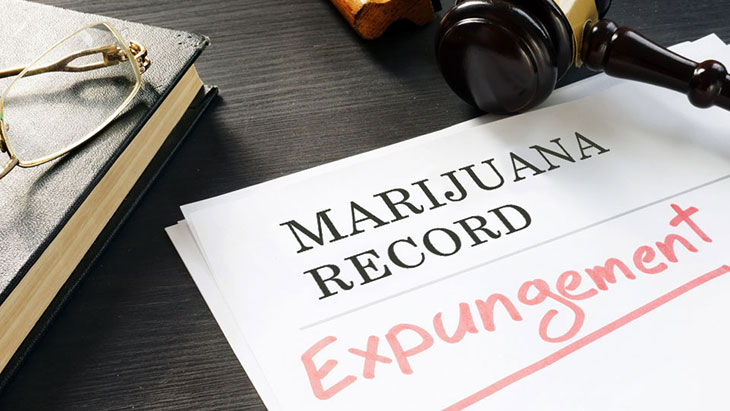
State officials have completed the process of reviewing and vacating the criminal records of over 40,000 residents with prior marijuana-related convictions.
As of January 1, “our administration has erased 42,964 cannabis convictions,” Democratic Gov. Ned Lamont announced on twitter.
Legislation signed into law in 2020 regulating the adult-use cannabis market contained provisions providing for the automatic review and expungement of prior convictions involving the possession of up to four ounces of cannabis. Those with more serious marijuana-related records may petition the courts for relief.
To date, 24 states have enacted laws providing explicit pathways to either expunge (or otherwise set aside) the records of those with low-level marijuana convictions. According to publicly available data compiled by NORML, state and local officials have issued over 100,000 pardons and more than 1.7 million marijuana-related expungements since 2018.
“Hundreds of thousands of Americans unduly carry the burden and stigma of a past conviction for behavior that most Americans, and a growing number of states, no longer consider to be a crime,” NORML’s Deputy Director Paul Armentano said. “Our sense of justice and our principles of fairness demand that public officials and the courts move swiftly to right the past wrongs of cannabis prohibition and criminalization.”
Adult-use marijuana sales are scheduled to begin in Connecticut at licensed retailers next week. Limited adult-use sales began in New York last week. Licensed retailers in New Jersey and Vermont also began operations in recent months.
The full text of NORML’s report, Marijuana Pardons and Expungements: By the Numbers, is available online.
Related
Medical Disclaimer:
The information provided in these blog posts is intended for general informational and educational purposes only. It is not a substitute for professional medical advice, diagnosis, or treatment. Always seek the advice of your physician or other qualified healthcare provider with any questions you may have regarding a medical condition. The use of any information provided in these blog posts is solely at your own risk. The authors and the website do not recommend or endorse any specific products, treatments, or procedures mentioned. Reliance on any information in these blog posts is solely at your own discretion.






